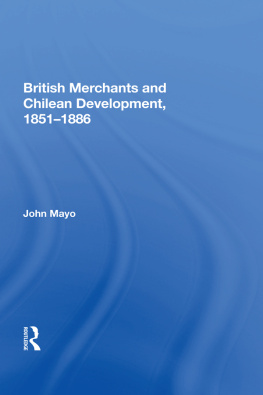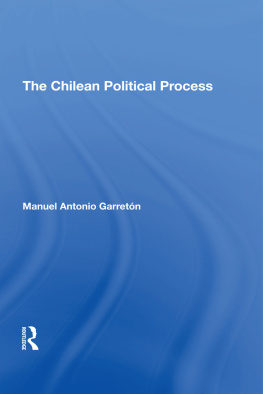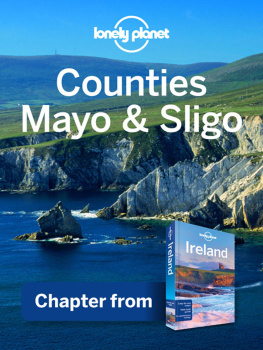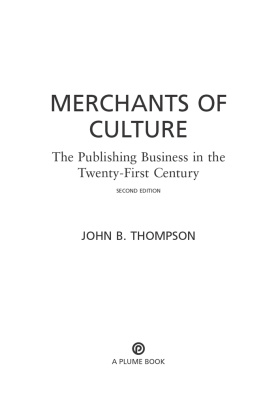British Merchants and Chilean Development, 18511886
Dellplain Latin American Studies
No. 8 Studies in Spanish American Population History, edited by David J. Robinson
No. 9 The People of the Colca Valley: A Population Study; Noble David Cook
No. 10 Tierra Adentro: Settlement and Society in Colonial Durango, Michael M. Swann
No. 11 Andean Reflections: Letters from Carl O. Sauer While on a South American Trip Under a Grant from the Rockefeller Foundation, 1942, edited by Robert C. West
No. 12 Credit and Socioeconomic Change in Colonial Mexico: Loans and Mortgages in Guadalajara, 17201820, Linda Greenow
No. 13 Once Beneath the Forest: Prehistoric Terracing in the Ri Bee Region of the Maya Lowlands, B. L. Turner, II
No. 14 Marriage and Fertility in Chile: Demographic Turning Points in the Petorca Valley, 18401976, Robert McCaa
No. 15 The Spatial Organization of New Land Settlement in Latin America, Jacob O. Maos
No. 16 The Anglo-Argentine Connection, 19001939, Roger Gravil
No. 17 Costa Rica: A Geographical Interpretation in Historical Perspective, Carolyn Hall
No. 18 Household Economy and Urban Development: So Paulo, 1765 to 1836, Elizabeth Anne Kuznesof
No. 19 Irrigation in the Bajo Region of Colonial Mexico, Michael E. Murphy
No. 20 The Cost of Conquest: Indian Decline in Honduras Under Spanish Rule, Linda Newson
No. 21 Petty Capitalism in Spanish America: The Pulperos of Puebla, Mexico City, Caracas, and Buenos Aires, Jay Kinsbruner
No. 22 British Merchants and Chilean Development, 18511886, John Mayo
About the Book and Author
Nineteenth-century Chile was an exceptional phenomenon in Latin America: Constitutional procedures were observed, the army remained in its barracks, and development proceeded at a perceptible pace, even to contemporary observers. This book examines the enormous contribution British merchants made toward Chilean prosperity and stability during this period.
The prospect of trade initially brought the British to Chile in the early 1800s. Great Britain soon provided the largest markets for Chilean produce, and British factories produced the largest share of Chiles manufactured imports. British merchants organized the trade and provided services and expertise wherever needed. John Mayo documents the economic aspects of the British presence in Chile, but he also surveys the social, diplomatic, and political relations between the two countries. What emerges is a picture of a mutually profitable partnership based on the simplest of all motivesself-interest.
John Mayo is senior lecturer in history and currently head of the history department at the University of the West Indies, Cave Hill Campus, Barbados.
DELLPLAIN LATIN AMERICAN STUDIES
PUBLISHED IN COOPERATION WITH THE DEPARTMENT OF GEOGRAPHY SYRACUSE UNIVERSITY
EDITOR
David J. Robinson
Syracuse University
EDITORIAL ADVISORY COMMITTEE
William M. Denevan
University of Wisconsin
W. George Lovell
Queens University
John Lynch
University of London
Robert McCaa
University of Minnesota
Linda Newson
University of London
First published 1987 by Westview Press
Published 2018 by Routledge
52 Vanderbilt Avenue, New York, NY 10017
2 Park Square, Milton Park, Abingdon, Oxon OX14 4RN
Routledge is an imprint of the Taylor & Francis Group, an informa business
Copyright 1987 by the Department of Geography, Syracuse University
All rights reserved. No part of this book may be reprinted or reproduced or utilised in any form or by any electronic, mechanical, or other means, now known or hereafter invented, including photocopying and recording, or in any information storage or retrieval system, without permission in writing from the publishers.
Notice:
Product or corporate names may be trademarks or registered trademarks, and are used only for identification and explanation without intent to infringe.
Library of Congress Cataloging-in-Publication Data
Mayo, John, 1940
British merchants and Chilean development, 18511886.
(Dellplain latin American studies ; 22)
Bibliography: p.
1. ChileCommerceGreat BritainHistory19th
century. 2. Great BritainCommerceChileHistory
19th century. 3. Merchants, ForeignChileHistory
19th century. I. Title. II. Series.
HF3418.G39 1987 382.0942083 86-15766
ISBN 0-8133-7278-X
ISBN 13: 978-0-367-01130-7 (hbk)
For Mary
| Actas | Actas del Consejo Jeneral de Administracin del Banco de Valparaso, Oficina de Santiago |
| A.N.C. | Archivo Nacional de Chile |
| Cartas | Cartas de la Guerra del Pacfico |
| DFC Old Letters | Duncan Fox Paper: Old Letters |
| DFC Ravenscroft | Duncan Fox Papers: Press Copy Book |
| Estadistica | Estadstica Comercial de la Repblica de Chile |
| A.G. & S. | Antony Gibbs & Sons |
| G&C | Gibbs & Co. |
| W.G. & Co. | William Gibbs & Co. |
| PP | Parliamentary Papers, Great Britain |
| F.O. | Foreign Office Records, Public Record Office, London |
| Letterbook 1857 1859 | Williamson, Balfour Papers, Santiago, Chile |
A note on currency:
All figures are given in Chilean pesos ($) or English pounds sterling. For most of the period here considered, there were between five and six pesos to the pound, and the value of the peso was close to that of the U.S. dollar. Indeed, in English language correspondence, pesos were often called dollars.
During the nineteenth century, the newly independent nations of Latin America became integrated into a world economy dominated by the industrializing countries of Western Europe and North America. This process accelerated in the second half of the century with the increased application of new technology in many fields, but most notably those connected with exports, and under the impact of growing demand from the developed economies. The object of this study of Britons in Chile is to examine the role of expatriates during this period of rapid economic change and development.
Britons are, in the case of Chile, the obvious foreigners to investigate for some understanding of the republics response to the opportunities presented by the new conditions. Both the qualitative and quantitative evidence demonstrates overwhelmingly the important part played by Britons in Chiles evolution in the second half of the nineteenth century. The consequences of their actions are far less clear cut, both to Chileans and Britons. For the former, questions arise concerning the long-term effects of British participation in the economy upon their countrys progress and the extent to which these effects (often if not always regarded as harmful) resulted from coherent policies deliberately arrived at.
The same questions, of course, are also considered by British and other foreign commentators, but they also are more likely to consider such matters as the existence of Britains informal empire, and the reality of what has been called the imperialism of free trade, or to use the modern term, the creation of dependency. Through a detailed examination of the activities of the British in Chile, their occupations, interests, possessions and aims, this monograph aims to provide at least part of the solution to such historical problems as these, as well as, quite simply, to enlarge our knowledge of its subject. It is both an investigation into Chilean history and a contribution to the growing body of work on the nineteenth century expansion of Europe.











